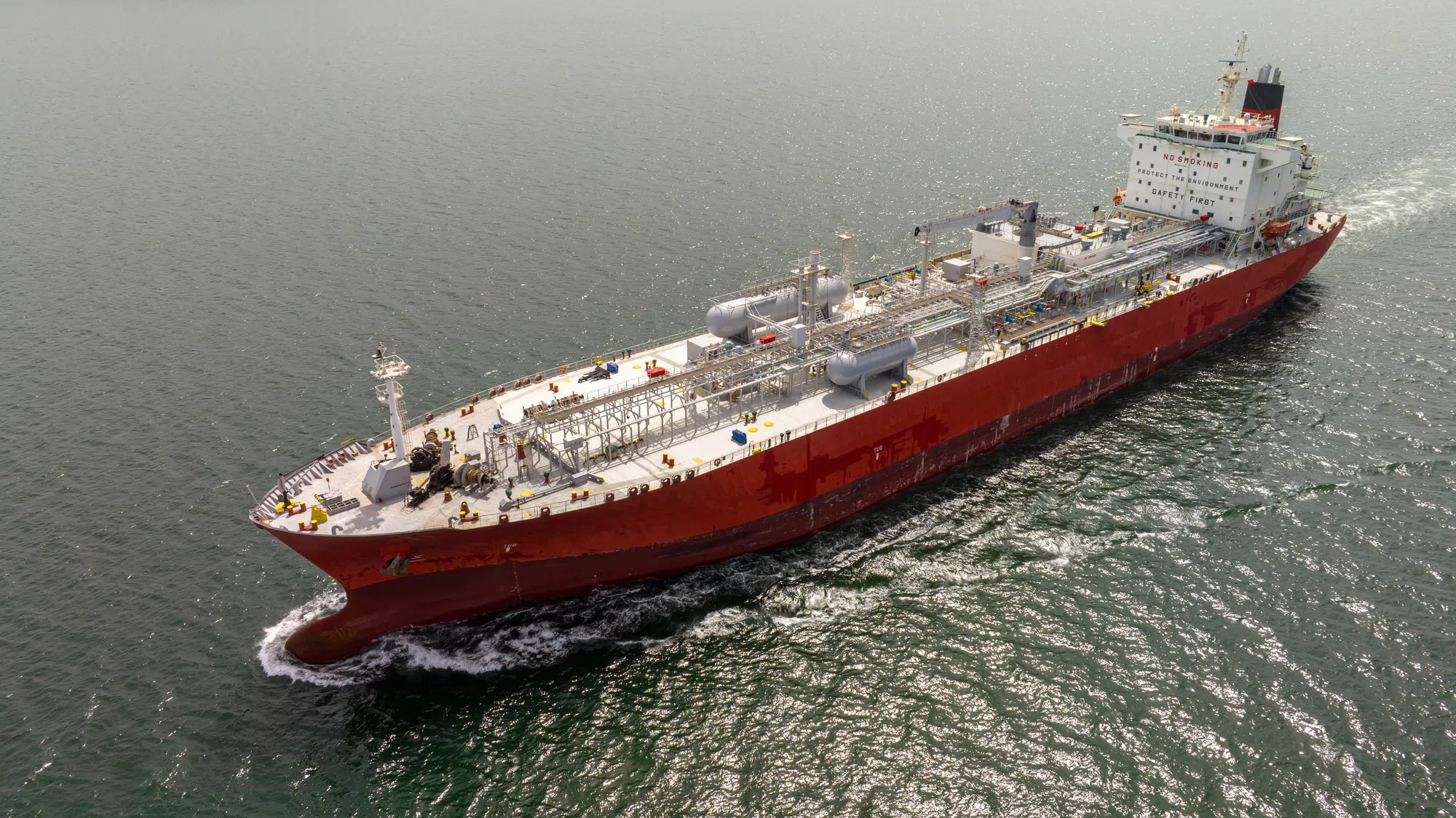
dechevm / Depositphotos.com
Oil prices rise as Israel-Iran conflict escalates into fifth day
Oil markets are reacting sharply to an escalating conflict between Israel and Iran, now in its fifth straight day of missile and drone exchanges. The fighting intensified over the weekend with strikes launched by both sides, including Israeli attacks on nuclear facilities in Iran and Iranian missile barrages that hit multiple Israeli cities. As violence continues with no signs of easing, concerns are mounting over regional stability and the future of global energy supplies.
West Texas Intermediate closed the day up more than 1.2 per cent at just over 73 dollars per barrel, while Western Canadian Select rose more than 3 per cent to 58 dollars and 94 cents. Brent Crude, the international benchmark, dipped slightly by one per cent to just above 73 dollars. Market analysts say traders are increasingly factoring in the risk of supply disruptions and the potential for the conflict to spread across the oil-rich Middle East.
The weekend saw some of the most severe attacks yet. Israeli airstrikes reportedly hit more than 80 sites in Tehran, including defence installations, the oil ministry’s Shahran depot, and facilities tied to Iran’s nuclear program. Iran confirmed the deaths of high-ranking Revolutionary Guard officials, while the death toll across the country rose sharply. Human rights observers estimate the number of dead in Iran could be significantly higher than official figures.
In Israel, sirens blared in cities including Tel Aviv, Haifa and Bat Yam as Iran launched dozens of missiles and drones. Multiple residential buildings were struck, including a 10-storey apartment in Bat Yam, where six people were killed, among them two children. Emergency responders continue to search through rubble for survivors, with damage and casualties reported in several areas.
The deepening crisis has left traders uncertain about the future of oil flows from the region. While Canada remains a reliable supplier, Western Canadian Select is increasingly viewed as a key alternative to Iranian heavy crude. July contracts reflect growing concern over the availability of heavy crude outside of North America, with many buyers hedging their bets amid mounting uncertainty.
With no diplomatic resolution in sight, both Israel and Iran have pledged further retaliation. As military operations continue and oil infrastructure becomes a more frequent target, energy markets are bracing for continued volatility and upward pressure on prices.











Comments